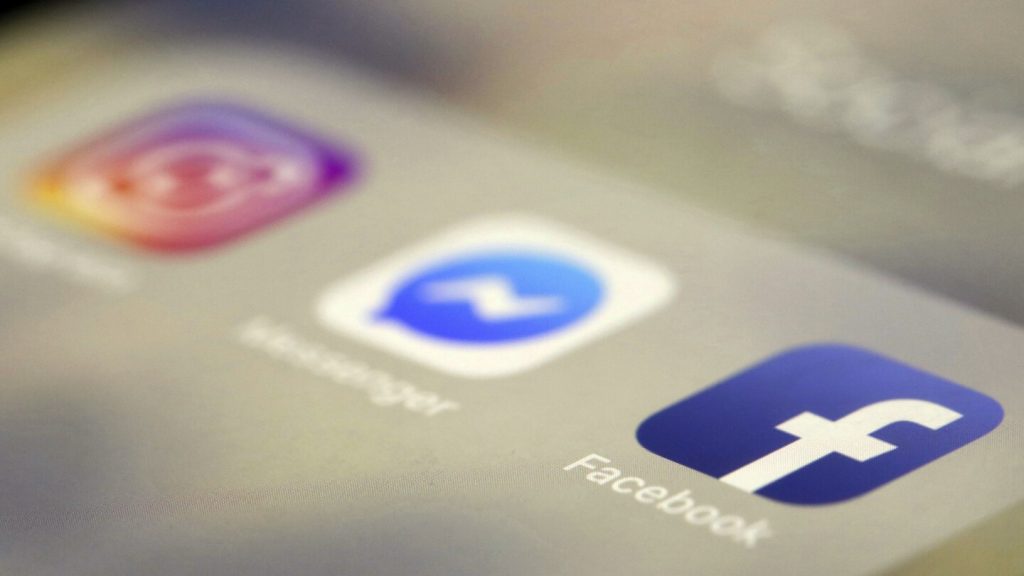Two tribal nations have filed a lawsuit against social media companies, including Facebook, Instagram, Snapchat, TikTok, YouTube, and Google, accusing them of contributing to the disproportionately high rates of suicide among Native American youth. The lawsuit argues that these companies’ addictive “profit-driven design choices” have a significant impact on Native youth who are already vulnerable due to historic teen suicide rates and mental health issues. The leaders of the Spirit Lake Tribe in North Dakota and the Menominee Indian Tribe of Wisconsin are demanding that these social media corporations take responsibility for creating dangerous features that promote compulsive use among Native American teenagers.
Similar lawsuits are being pursued by school districts, states, cities, and other entities, claiming that platforms like TikTok, Snapchat, Instagram, and YouTube exploit children and adolescents with features that encourage constant scrolling and checking of accounts. New York City, its schools, and public hospital system, as well as school boards in Ontario, Canada, have also accused these platforms of fueling a childhood mental health crisis that is disrupting education and draining resources. The Associated Press reached out to the companies for comment, with Google stating that the allegations in the complaints are not true and emphasizing their commitment to providing young people with a safer, healthier experience.
Native American youth are uniquely stressed out due to higher rates of suicide among Native Americans compared to other racial demographics in the U.S. Mental health care is already difficult to access from remote locations, and generations of colonization and social stigma create additional barriers, particularly when the care is not culturally appropriate. While social media can help connect Native Americans with tradition, culture, and other tribal communities, they also may experience discrimination online. The complexity of Native American identity, mixed with political and cultural experiences that vary from tribe to tribe, adds another layer of stress for Indigenous communities.
The science is still emerging on how social media affects teenagers’ mental health. Psychologists and neuroscientists note the potential for both positive and negative effects, with researchers yet to draw a direct link between screen time alone and poor mental health outcomes. As adolescents’ brains develop, they build and strengthen connections that guide responses for various human interactions while creating receptors for oxytocin and dopamine. This reward system in the brain manifests in adolescents as a need for both positive feedback and concern about social punishments. Calls for new legislation have been made to protect the well-being of children on social media platforms.
A bipartisan coalition of attorneys general is conducting a nationwide investigation into whether TikTok is harming the mental health of children and young adults. Some Republican-led states have pursued lawsuits against TikTok, accusing the platform of deceptive practices. Regulatory efforts focus on TikTok, with calls for platform design changes to prevent harm. In Congress, a bipartisan group of senators supports the Kids Online Safety Act, which would require social media companies to make design changes to protect children. Tech industry groups have opposed the bill, citing censorship concerns raised by the American Civil Liberties Union. The ongoing debate around social media’s impact on the mental health of children and adolescents continues, with lawsuits and regulatory efforts shaping the conversation.


